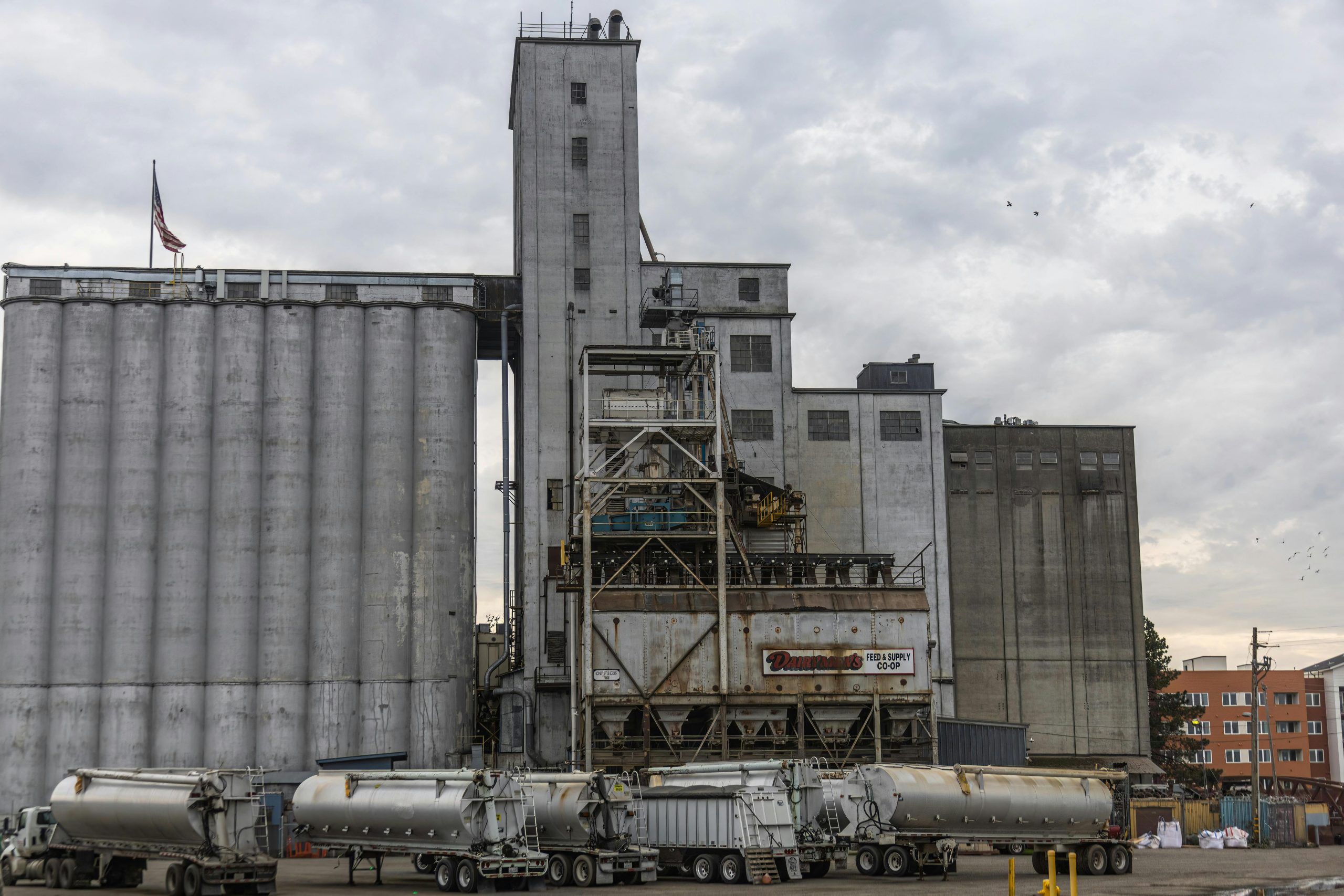Brands reveal full supply chains with blockchain tracking
Supply chain transparency has become an increasingly popular topic in recent years, with consumers demanding to know more about the products they purchase. In response, brands are now turning to blockchain technology to provide full visibility into their supply chains. By using blockchain tracking, companies are able to showcase the journey of their products from raw materials to the finished goods. This shift towards transparency is not only beneficial for consumers, but it also has the potential to revolutionize the way supply chains operate. In this article, we will explore how brands are using blockchain tracking to reveal their full supply chains and the impact it has on the industry.
The Importance of Supply Chain Transparency
In today’s world, consumers are more conscious than ever about the products they buy. They want to know where their products come from, who made them, and their impact on the environment. This trend has been on the rise in recent years, with consumers valuing transparency and ethical production practices over low prices. This has put pressure on brands to be more transparent about their supply chains, or risk losing customers to competitors who prioritize transparency.
Transparency has also become a crucial factor in building trust with consumers. With the rise of social media and online platforms, companies are under constant scrutiny, and any unethical practices can quickly damage their reputation. By revealing their full supply chains, brands can build trust with their customers and showcase their commitment to ethical and sustainable practices.
Introducing Blockchain Technology
Blockchain technology has gained recognition for its use in cryptocurrencies, but its potential goes far beyond that. It is a decentralized digital ledger that records transactions securely, making it virtually impossible to alter or tamper with the data. This makes it an ideal tool for tracking and verifying supply chain data.
By using blockchain, companies can create a digital record for each product, tracking its journey from the source to the consumer. This record includes information such as the origin of the raw materials, the manufacturing process, and the transportation and distribution of the product. This level of transparency provides consumers with the assurance that the product they are buying is authentic and ethically produced.
The Benefits of Blockchain Tracking
Improved Supply Chain Efficiency
One of the main advantages of blockchain tracking is its ability to improve supply chain efficiency. By having a secure and transparent record of all transactions, companies can identify and address any inefficiencies in their supply chain quickly. This can help reduce costs, improve delivery times, and increase overall productivity.
Minimized Risks of Counterfeit Products
The use of blockchain technology can also help minimize the risks of counterfeit products. By having a digital record of each product, companies can ensure that only authentic products make it to the market. This is particularly important for luxury brands that are often targeted by counterfeiters.
Greater Consumer Trust
As mentioned earlier, blockchain tracking can help build trust with consumers. By providing full visibility into their supply chains, companies can show their commitment to ethical and sustainable practices. This can attract consumers who prioritize transparency and set companies apart from their competitors.
Real-life Examples
Several companies have already implemented blockchain tracking to reveal their full supply chains. One example is the food giant, Nestlé, who has partnered with OpenSC, a blockchain platform, to provide transparency for its palm oil supply chain. By scanning a QR code on the product, consumers can access information about the origin, time of production, and location of the product’s journey.
Another example is the luxury goods company, LVMH, who announced in 2019 that it will be implementing blockchain technology in its supply chain. The company aims to provide transparency for its high-end products, including luxury brands such as Louis Vuitton and Dior. This move is a response to growing consumer demand for supply chain transparency in the luxury industry.
Conclusion
The use of blockchain technology to reveal full supply chains is a game-changer for the industry. By providing transparency and traceability, companies can meet consumer demand for ethically produced and authentic products. This shift towards transparency is not only beneficial for consumers but also has the potential to improve supply chain efficiency and reduce risks for companies. As more brands adopt blockchain tracking, we can expect to see significant changes in the way supply chains operate, making it a win-win situation for both companies and consumers.









